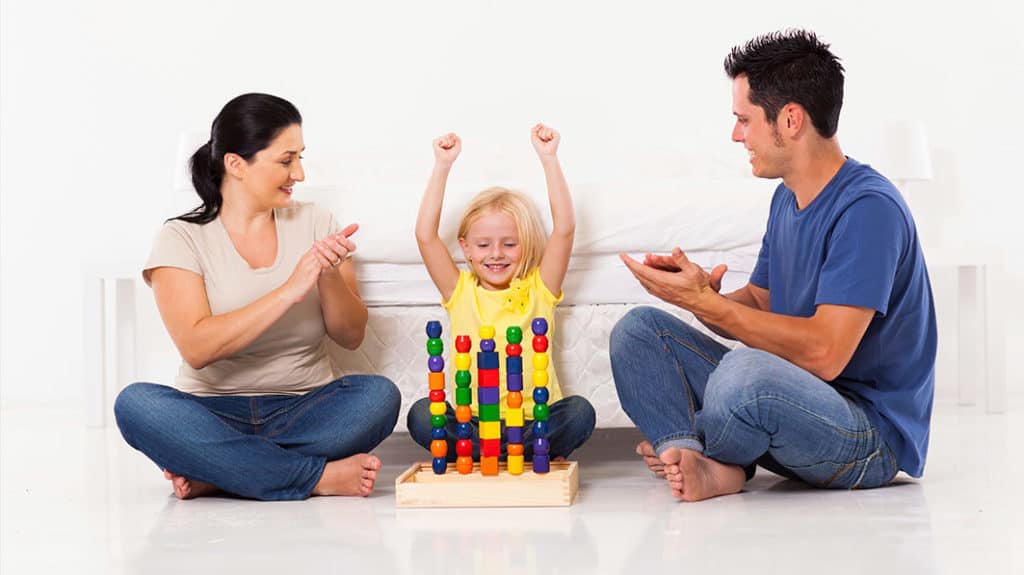Praising a child may seem simple — but how and what you praise can shape how your child sees themselves, approaches challenges, and responds to mistakes. Constructive praise helps build genuine confidence, encourages effort, and supports emotional development.
In this article, you’ll learn practical, non-medical strategies to deliver praise that truly supports your child’s growth, resilience, and self-worth.
Why Praise Matters — and How It Can Go Wrong
Praise is powerful, but when used poorly, it can:
- Make children depend on external approval
- Discourage risk-taking (“I have to be perfect”)
- Reinforce fixed mindsets (“I’m smart” vs. “I worked hard”)
- Reduce intrinsic motivation
Constructive praise focuses on effort, strategy, improvement, and character — not just outcomes.
1. Focus on Effort, Not Just Results
Instead of “You’re so smart,” say:
- “You worked hard on that — I saw how focused you were.”
- “You really kept going, even when it got tricky.”
This teaches that success comes from perseverance and dedication.
2. Be Specific
General praise (“Good job!”) is less powerful than detailed encouragement.
Try:
- “I love how carefully you colored within the lines.”
- “You asked for help so calmly — that showed great maturity.”
- “You used so many colors — that was creative!”
Specific praise shows you’re really paying attention.
3. Celebrate the Process
Recognize the journey, not just the destination.
Say:
- “You practiced that song a lot — I saw your improvement!”
- “You tried a new way to build the tower — that’s creative thinking.”
Children learn to value learning and effort over instant success.
4. Highlight Personal Growth
Praise how far they’ve come.
Examples:
- “Remember when that used to be hard for you? Now you do it so easily!”
- “You’re getting better at calming yourself when you’re upset.”
This builds self-awareness and motivation to improve.
5. Acknowledge Kindness and Character
Build moral development by praising inner qualities.
Say:
- “You were really thoughtful when you shared your toy.”
- “It was brave of you to apologize — that’s not easy.”
- “You were so patient with your sibling — that’s a big deal.”
Children learn to value integrity, not just achievement.
6. Avoid Overpraising or Praising Everything
Too much praise can lose its meaning — or cause pressure.
Instead of:
- Praising every tiny action (“You put your shoes on! You’re amazing!”)
Try:
- A balanced tone: “Thanks for putting your shoes on quickly — that was helpful.”
Let praise feel authentic and earned.
7. Don’t Use Praise to Control Behavior
Children notice when praise feels manipulative.
Avoid saying:
- “I’ll be proud if you behave.”
- “You’re such a good girl when you listen to me.”
Instead say:
- “I appreciate how respectful you were during dinner.”
- “That was responsible — thank you.”
Praise should feel sincere, not conditional.
8. Ask Questions Instead of Only Praising
Get them reflecting on their own effort and thinking.
Ask:
- “What part are you most proud of?”
- “How did you figure that out?”
- “What was the most fun or the hardest?”
This promotes self-awareness and intrinsic pride.
9. Match Praise to Their Age
Young children may enjoy enthusiastic praise, while older kids appreciate meaningful words that reflect effort or thought.
For toddlers: “Wow, you stacked five blocks! That takes balance!”
For older children: “You made a fair point during our discussion — that shows critical thinking.”
Tune your language to their development stage.
10. Encourage a Growth Mindset
Remind children that abilities can improve with effort.
Say:
- “You haven’t mastered it yet — but keep trying.”
- “Mistakes help us learn — what could you try differently next time?”
This helps children embrace challenges and see effort as part of learning.
Final Thoughts: Praise That Builds Up
The right kind of praise isn’t about boosting ego — it’s about nurturing effort, values, and inner strength. When praise is sincere, specific, and focused on process, it becomes a tool for building confidence that lasts.
So take a moment, see the effort, and speak to the why behind the success. Your words shape how your child sees themselves — and their potential. 💬🌱
